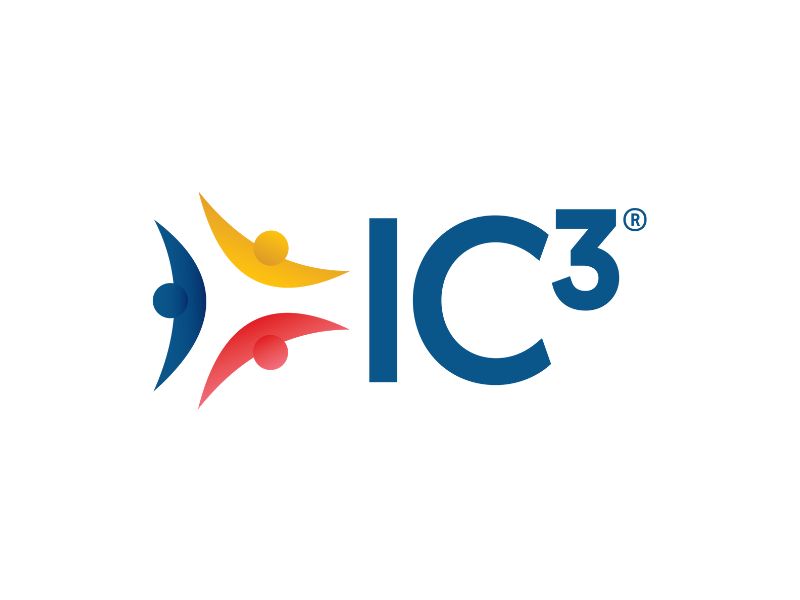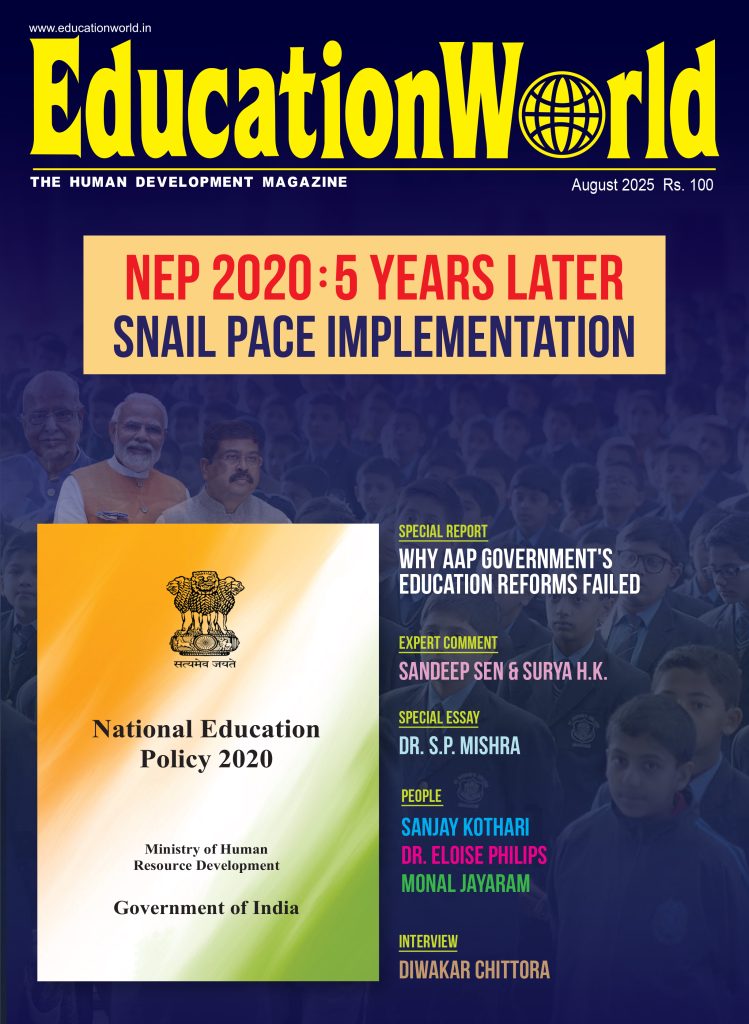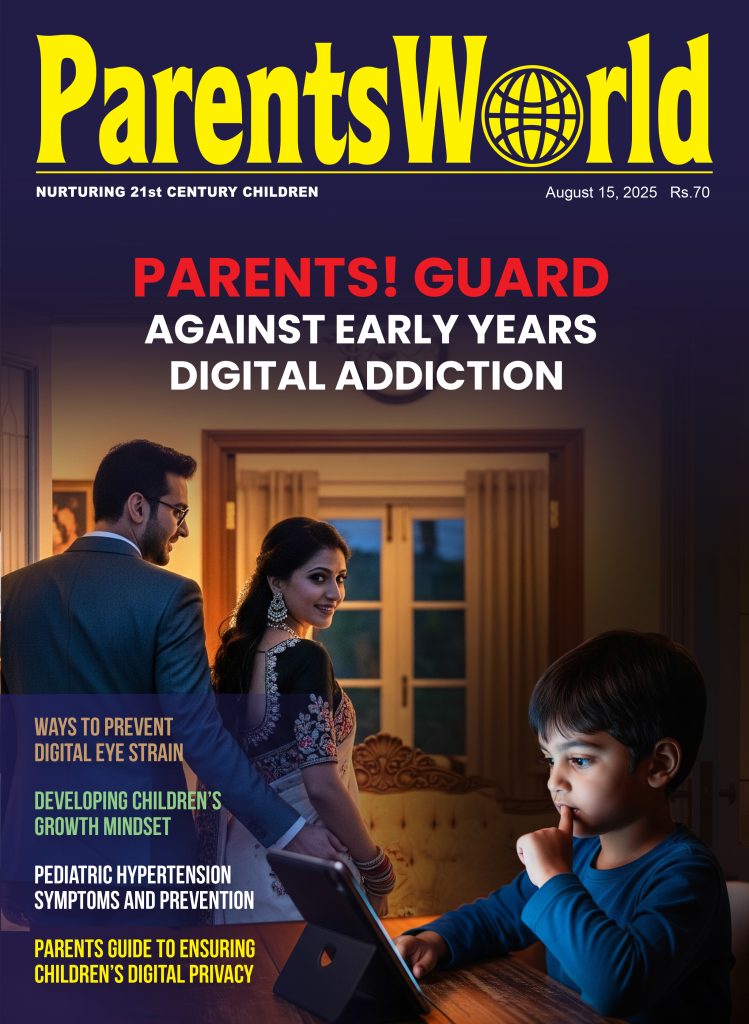Students use short term coping strategies against stress, report says
Mounting academic pressure, unmet parental expectations, and the race for academic excellence is driving students in India to resort to unhealthy coping strategies rather than seeking counselling from a professional, a recent report found.
According to the recently released IC3 Student Suicide Report 2025, a majority of students confessed that they cope with stress by distracting themselves through gaming, binge-watching online videos or isolating themselves.
However, a very small fraction turns to healthier practices like exercise, journaling, or therapy, the report found.
Incidentally, in India, the rate of student suicides is rising faster than the national average: 4% each year for the last decade. Among female students, the numbers are even more alarming, with a 61% increase over the past 10 years.
Among the other highlights, the report found that over 40% of students said they deal with stress by isolating themselves, nearly 30% rely on binge-watching shows or endless scrolling while around 25% said gaming was their primary stress reliever.
A small minority of 15% of respondents said that they resorted to journaling, exercising, or seeking counseling.
The report also explored what students consider self-care. They said that Music, sleeping, and memes topped the list of self-care practices. Activities like meditation, yoga, and professional counseling ranked much lower.
This creates what experts call a “self-care mirage” — students believe they are managing stress, but these methods provide temporary relief without long-term benefits.
WHY STUDENTS AVOID REAL HELP
Barrier of stigma
Limited access
Comfort in distraction
Inputs from India Today
Also Read: IIT Kharagpur’s parent induction programme to alleviate mental stress of students




















Add comment